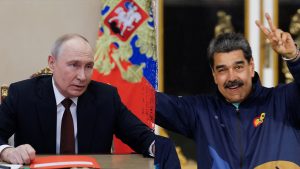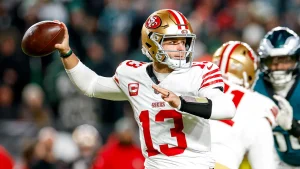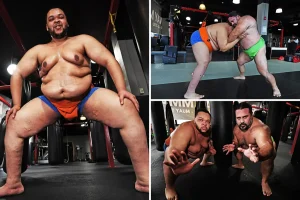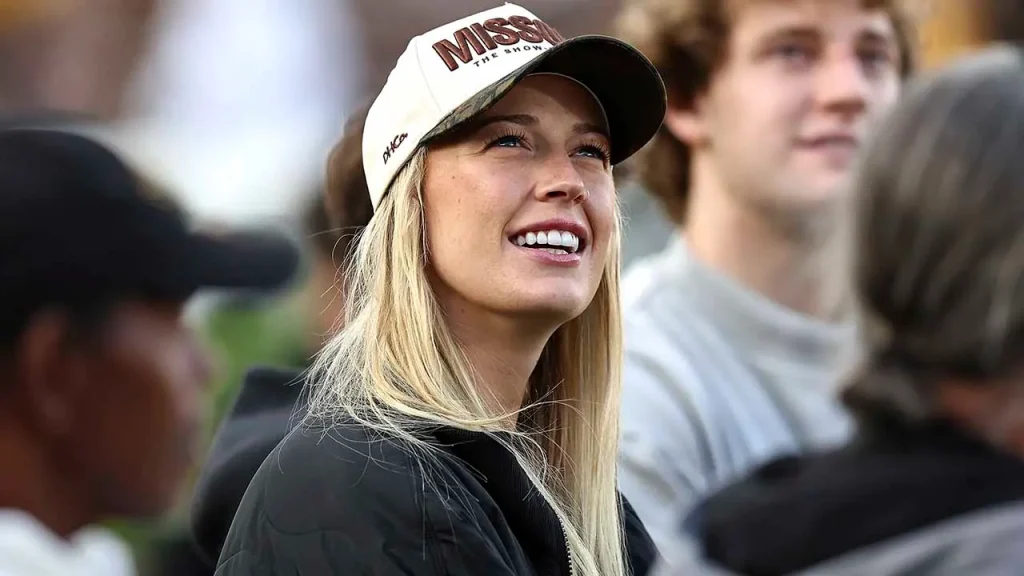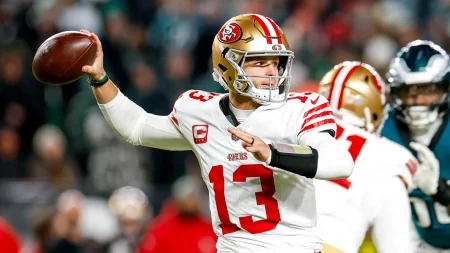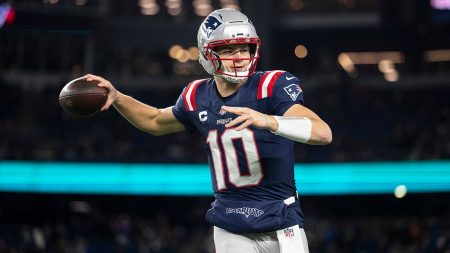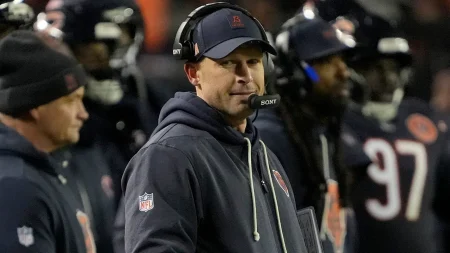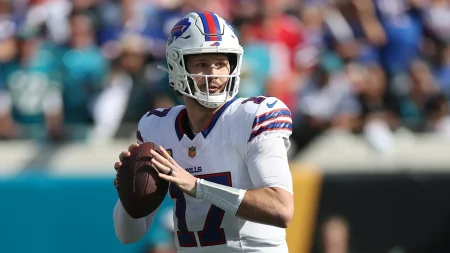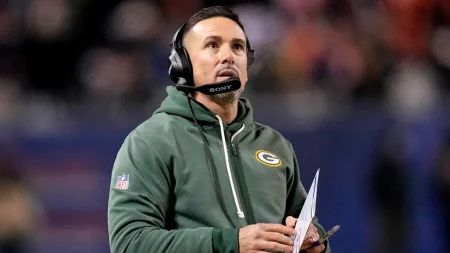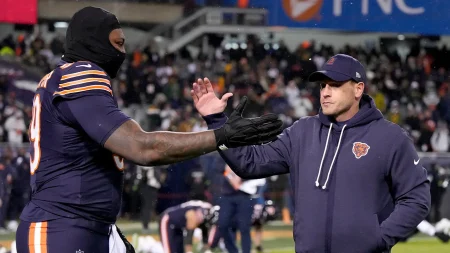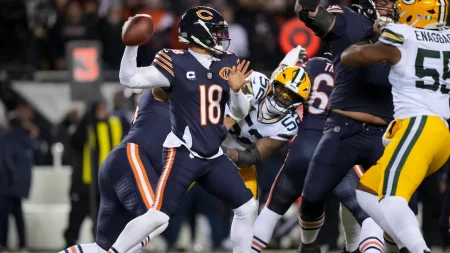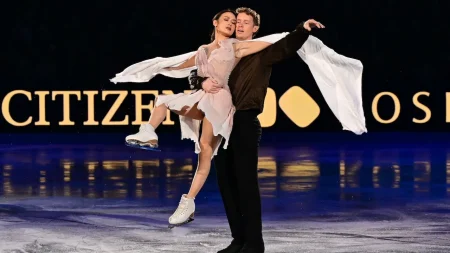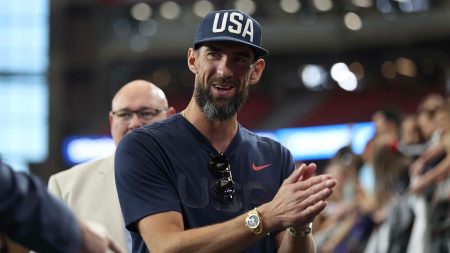Sophie Cunningham’s Faith and WNBA’s CBA Negotiations: A Personal and Professional Crossroads
In a time of uncertainty for the WNBA, Indiana Fever star Sophie Cunningham has turned to her faith, sharing an inspirational message with her followers on social media. “Jesus is King,” she posted on X. “Remember to stay focused on what is true, right, and just. Do not waiver in doing good. Be bold and courageous!” This message comes at a significant juncture in Cunningham’s career, as she faces free agency after her debut season with the Fever was unfortunately cut short by an MCL injury requiring season-ending surgery. Her one-year contract with Indiana leaves her future with the team uncertain, yet Cunningham has consistently used her platform to share her faith, often posting similar spiritual reflections on Instagram that reflect her personal values during challenging times.
Beyond her personal journey, Cunningham has emerged as one of the most vocal players during the ongoing collective bargaining agreement (CBA) negotiations between the WNBA and its players’ association. The current agreement, originally an eight-year deal signed in 2020, was set to expire on October 31 after the WNBPA voted to opt out early. While negotiations have been extended through November 30, tensions have risen among players concerned about various issues including salary caps, revenue sharing, and officiating standards. In this climate of professional uncertainty, Cunningham’s expressions of faith seem to provide her with a foundation of strength and perspective that transcends basketball.
The negotiations have become particularly heated following Cunningham’s outspoken criticism of WNBA Commissioner Cathy Engelbert during her exit interview last month. “I’m just tired of our league. They need to step up and be better. Our leadership from top to bottom needs to be held accountable,” Cunningham stated bluntly. She went further, questioning the basketball knowledge of league executives: “I think there are a lot of people in positions of power in the WNBA who they might be really great businesspeople, but they don’t know s— about basketball. And that’s gotta change.” Her frustration extended to how Engelbert has handled the league’s relationship with star rookie Caitlin Clark, adding, “I think it’s pretty shameful that she always makes it about her, Cathy, when it should have nothing to do with her.”
Cunningham’s criticism followed allegations from WNBPA Vice President Napheesa Collier that Engelbert had suggested in a private conversation that Caitlin Clark should be “grateful” for the platform the WNBA provides her – comments that particularly irked players amid ongoing discussions about salary concerns and league recognition. While Engelbert has disputed these claims, the controversy has only intensified the already complex negotiations, highlighting the growing divide between league leadership and players seeking better compensation and working conditions. The situation reveals the challenging dynamics female athletes face in professional sports, where recognition, respect, and fair compensation remain persistent issues despite the growing popularity of women’s basketball.
According to sources familiar with the negotiations, the WNBA’s latest proposal includes promising developments that could address some of the players’ concerns. The proposal reportedly features revenue sharing with a maximum salary exceeding $1.1 million available to multiple players per team, with potential for growth each season. Additionally, the new league minimum would increase to more than $220,000, with an average player salary of over $460,000. These figures represent significant steps toward addressing the compensation concerns that have fueled much of the players’ frustration, though it remains to be seen whether these proposed terms will satisfy the WNBPA’s demands.
As the November 30 deadline approaches, Cunningham finds herself at the intersection of personal faith, professional uncertainty, and advocacy for player rights. Her willingness to speak openly about both her spiritual convictions and her criticisms of league leadership demonstrates the complex identity of modern professional athletes, who increasingly see their roles extending beyond performance on the court. Whether discussing her faith or fighting for player interests, Cunningham exemplifies the boldness and courage she advocates in her social media messages. As she navigates her recovery from injury and prepares for potential free agency in 2026, her dual commitment to her spiritual values and player advocacy illustrates how today’s athletes integrate their personal beliefs with their professional responsibilities, using their platforms to address issues that matter to them both on and off the court.
